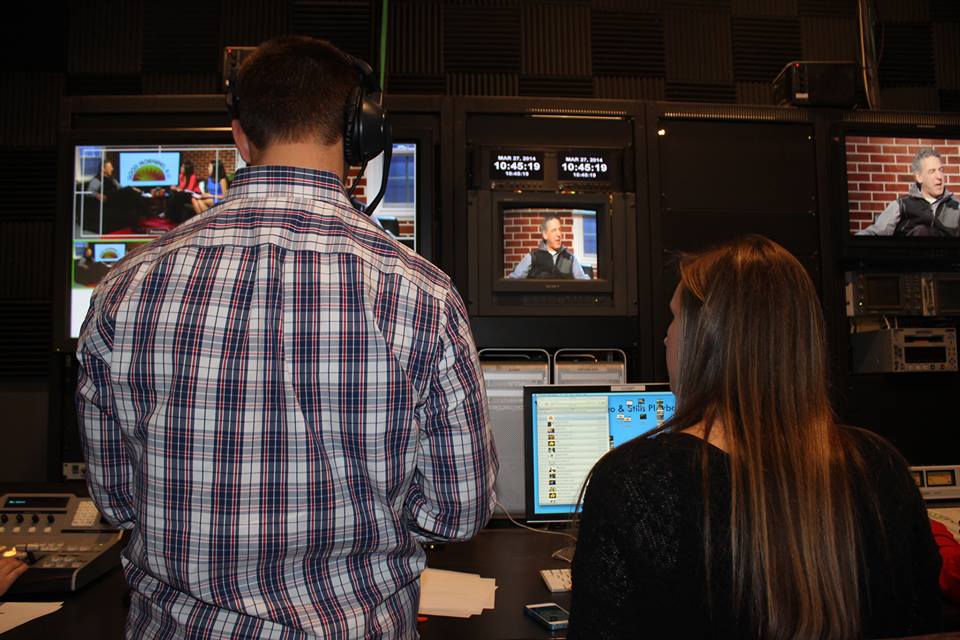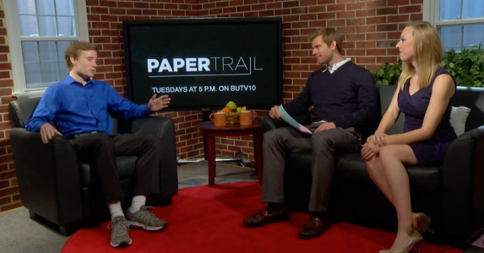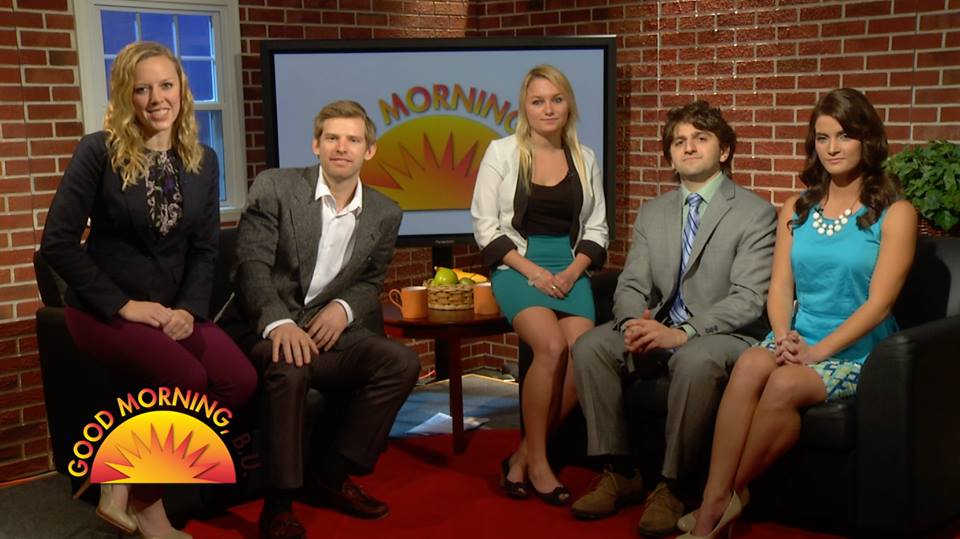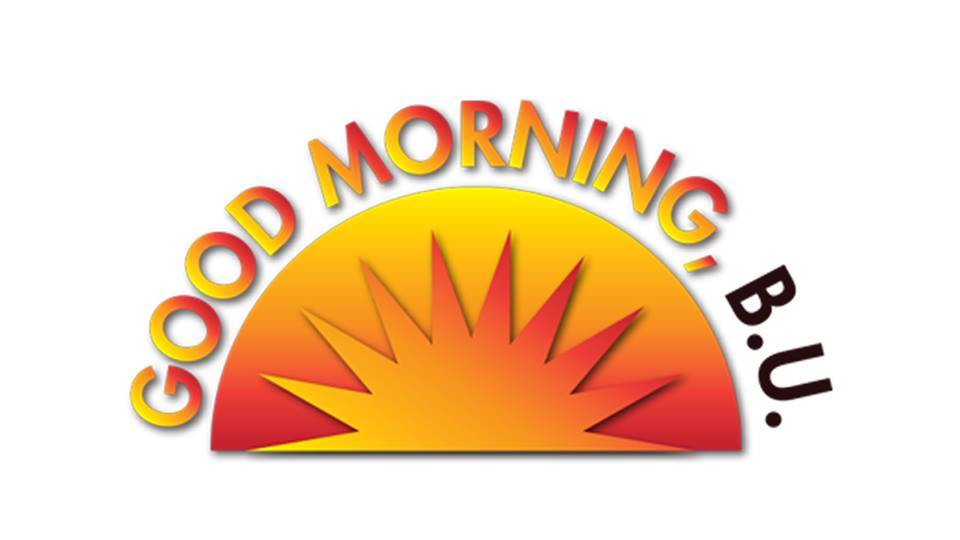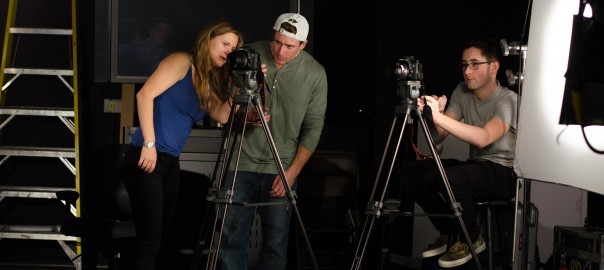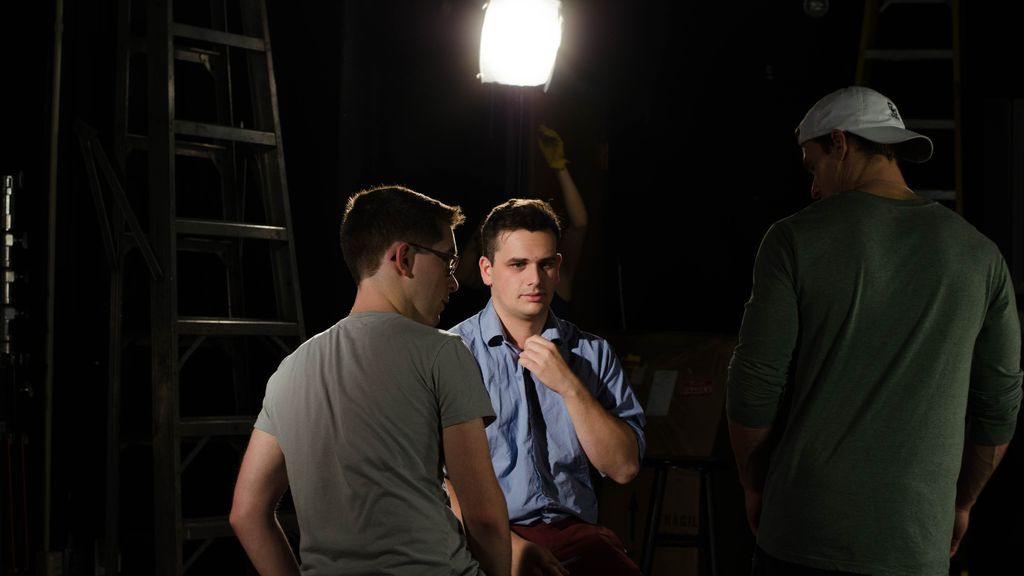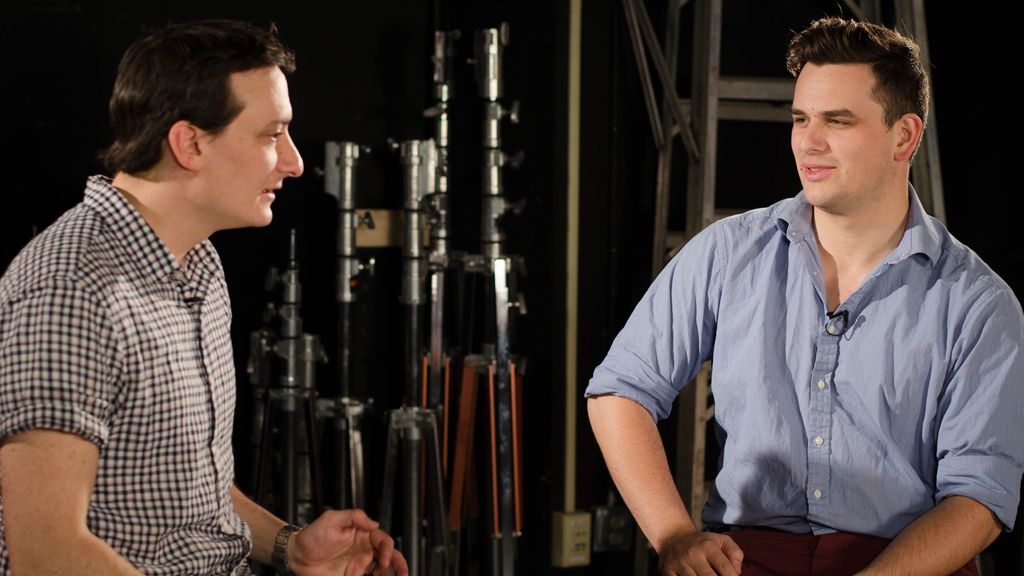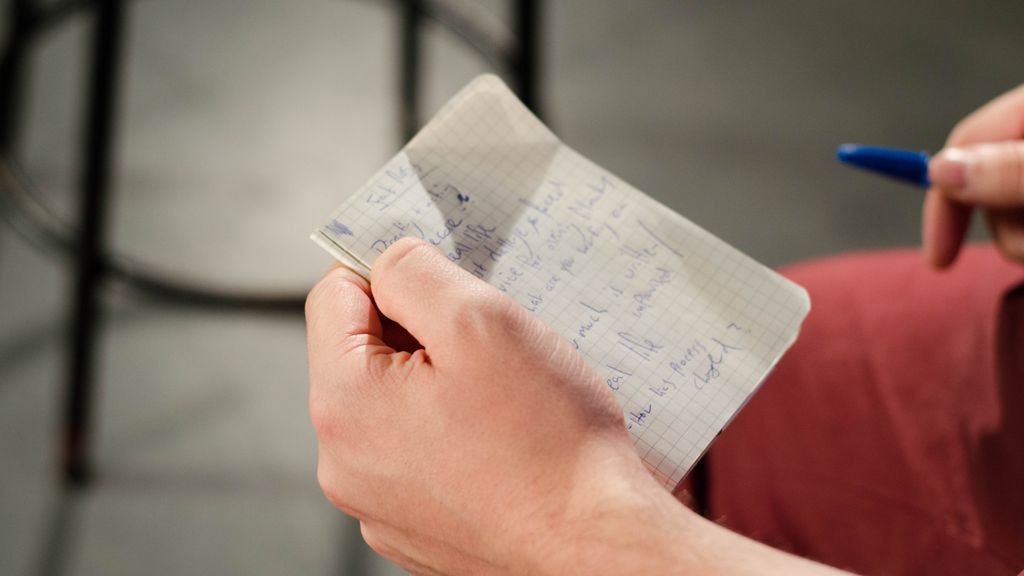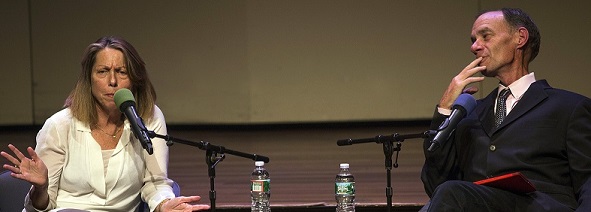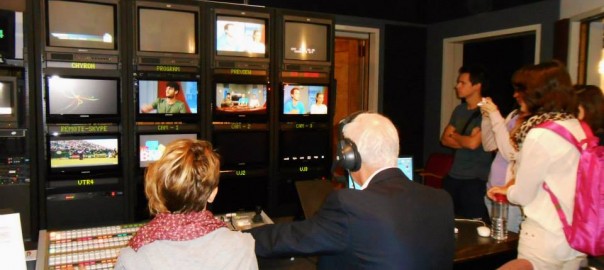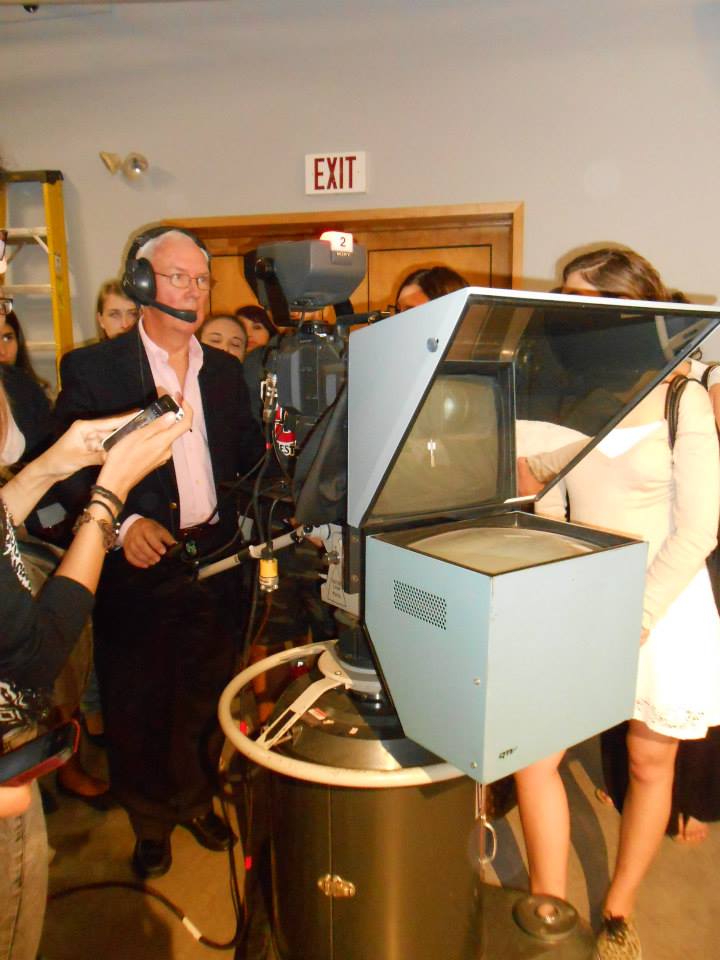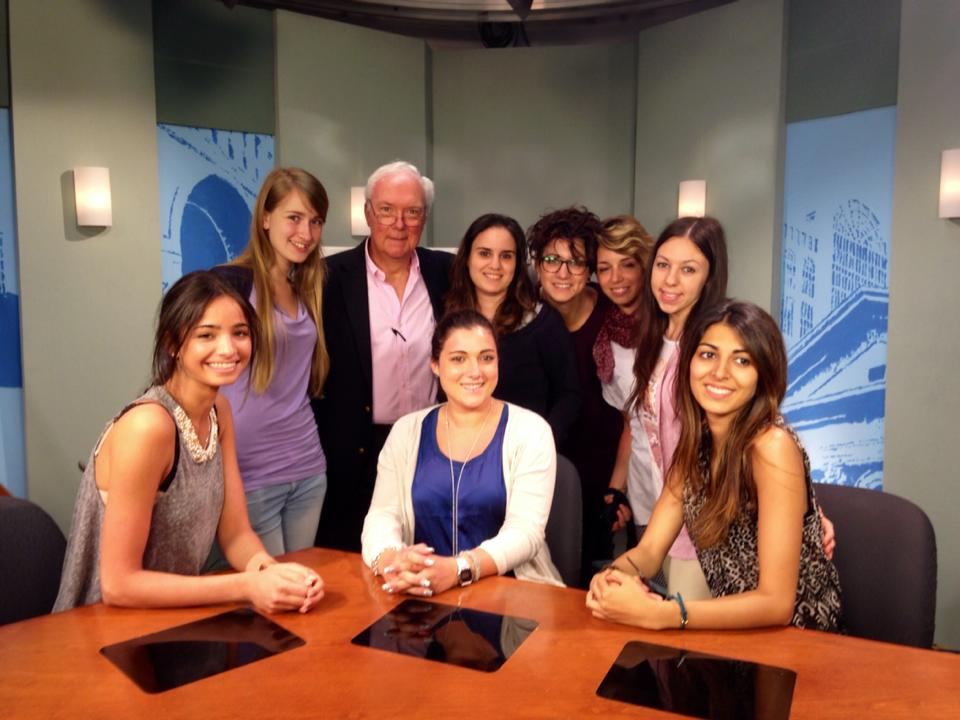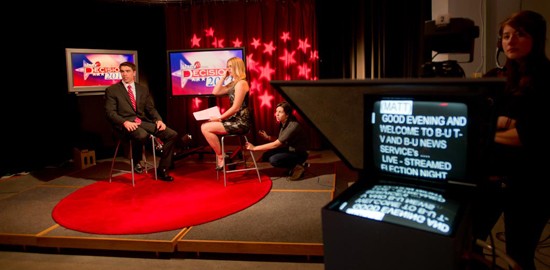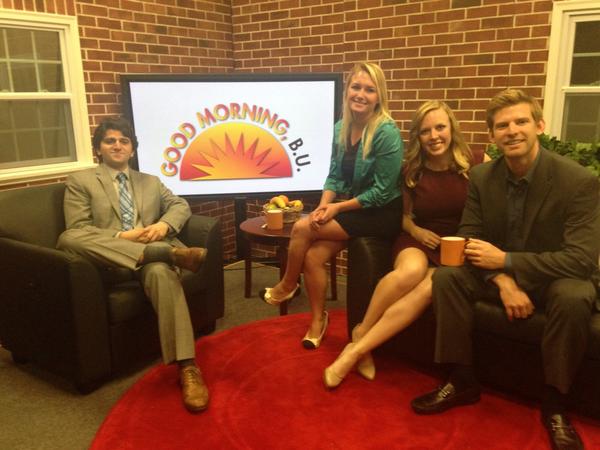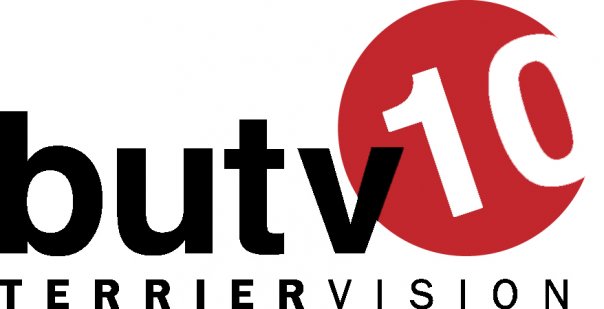By Gina Kim
MS Journalism ’16
BU College of Communication
On Thursday morning, I woke up at the crack of dawn when I knew my 11 a.m. lecture wasn’t for another five hours. But, I had a special assignment for that Thursday morning. I had to rush to get to campus by 8:30 a.m. What on earth would compel me to sacrifice such precious hours of sleep?
Good Morning, BU. Enough said.
Good Morning, BU (GMBU) is Boston University’s own LIVE, weekly morning show. GMBU brings you the latest in news from around BU, Boston, and from around the world.
On that early Thursday morning, I joined GMBU’s student-led team to find out exactly what goes into this weekly butv10 production. Immediately, I knew this was the real deal. Move over, “Good Morning America”, BU is live, awake, and ready to inform…from sports to city news, celebrity gossip, you name it, GMBU has you covered.
Before I go any further, let’s back up to the night before. That’s right… on Wednesday evenings, students meet to put up the set, so they can promptly go live at 10 a.m. the next morning. During this time, the production team floods into the College of Communication’s (COM) labs to clip trending national and local news and create storyboards.
The following morning, everyone is back at COM by 8:30 a.m. Edit labs on the third floor are filled with students practicing lines, drafting scripts and testing studio equipment. It’s a lot of prep work with minimum time before heading into the studio for rehearsal at 9 a.m.
Alex Hirsch, a first semester Journalism grad student focusing in Sports Broadcast, helps write the script and edit voice-overs for sports’ anchors Andre Khatchaturian and Mariah Kennedy (both third semester Journalism students focusing in Broadcast). Hirsch showed me how to run the teleprompter during GMBU’s sports segment, which to my surprise was a lot more complex than expected. The geek in me was quite impressed with the mechanics.
From 9 to around 9:45 a.m., is rehearsal time. Everyone’s running around, trying to get last minute things done before going live. Everything has to be perfect. No room for excuses. At this point, it’s clear, tensions are running high.
At exactly 10 a.m., Good Morning, BU finally goes on-air. I was very impressed with what I saw. Everything was so professional, so well executed, so well done that I felt as though I was watching a national news production. Khatchaturian really brought it home with the sports commentary and hosts Ashley Davis (MS, Broadcast Journalism ’15) and Paul Dudley (MS, Broadcast Journalism ’16) were absolutely professional, on point and energetic. Everyone worked together as a great team to deliver the news.
By 10:30 a.m., it’s all over.
But, before anyone leaves, the production team gets together to do a quick post-production meeting. Usually Professor Cavalieri (butv10 faculty advisor) gives everyone a run-down of how the show went and what changes need to be made for next week’s production.
During set cleanup, I got a chance to quickly speak with Ashley Davis, one of the executive producers and hosts, about her take on the production of GMBU. “Besides three returners, everyone for the most part is new. There are a lot of first timers,” she says. “Production is pretty hectic and can get extreme, but it’s still a very page-one, basis teaching in which we have to show everyone how to do things. But what’s great about this year’s team is that everyone’s a quick learner, so that helps get the show progressing. We’ve definitely improved since we first started!”
GMBU is just another example of all the amazing opportunities available to students at BU’s College of Communication. It’s a huge commitment with high demands and expectations, but the rewards are absolutely priceless, especially for those interested in a career in broadcast. It’s a learning experience no textbook or lecture can teach, but every journalist should know.
I say it over and over again, but I cannot stress it enough– you have to really want to be here. GMBU is a fine example of students showing their commitment and drive to becoming successful in a highly-competitive industry.
Check out GMBU’s Facebook and Twitter to see more clips and pictures from their set. Don’t forget to catch Good Morning, BU LIVE every Thursday at 11am. If you’re interested in joining GMBU’s team, email one of the show’s producers:
Ashley Davis – adavis17@bu.edu
Courtney Sonn – csonn@bu.edu
Hayley Gershon – hgershon@bu.edu
Want to learn more about the graduate programs at Boston University’s College of Communication? Ask us your questions in the comments section below and visit our site.
